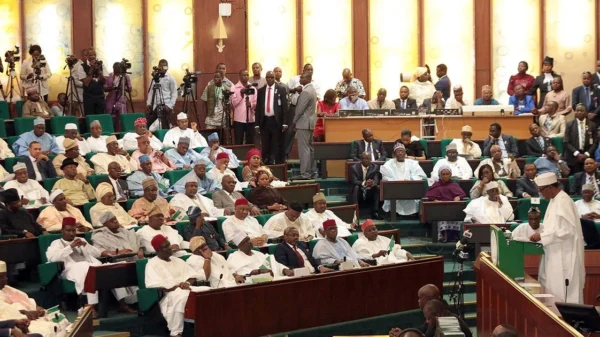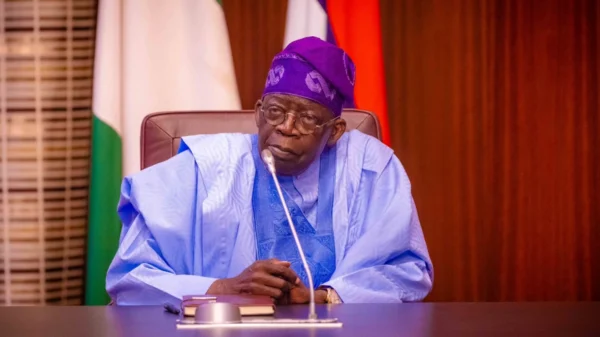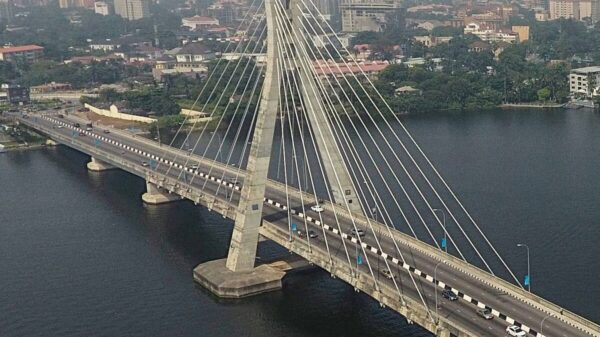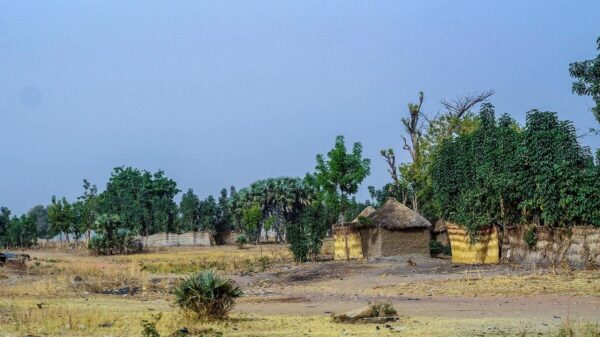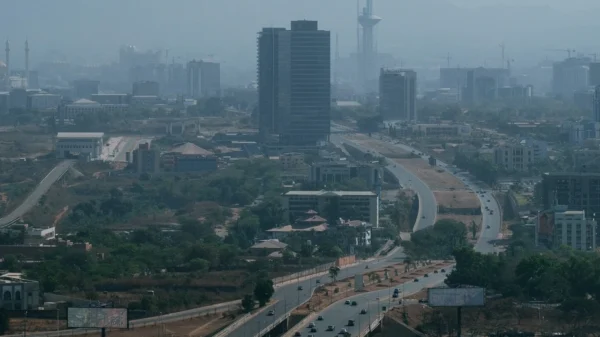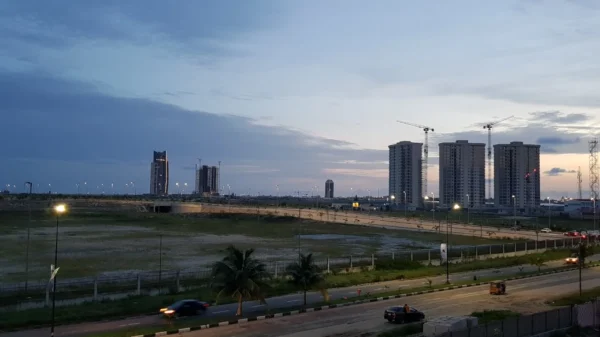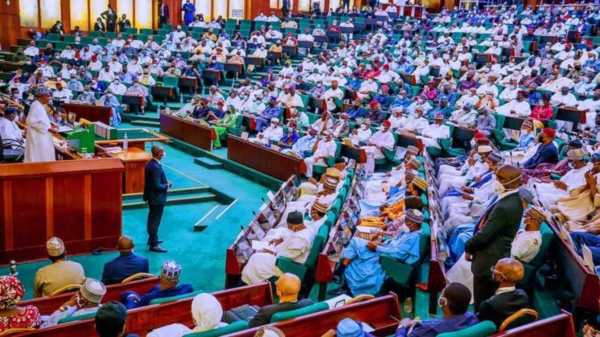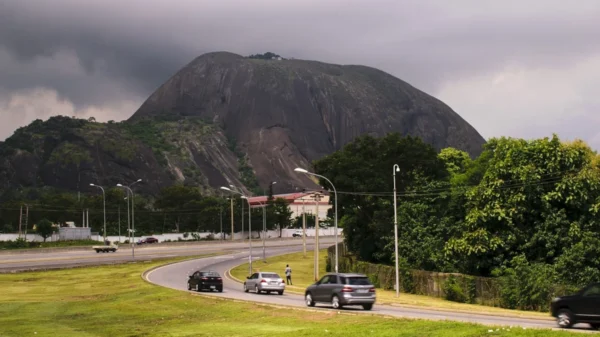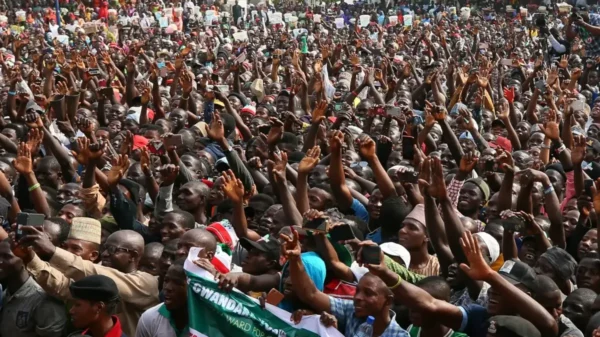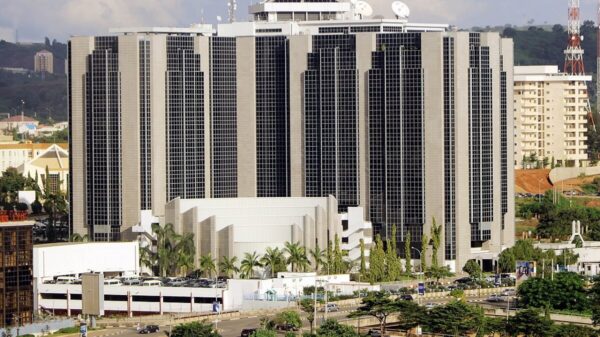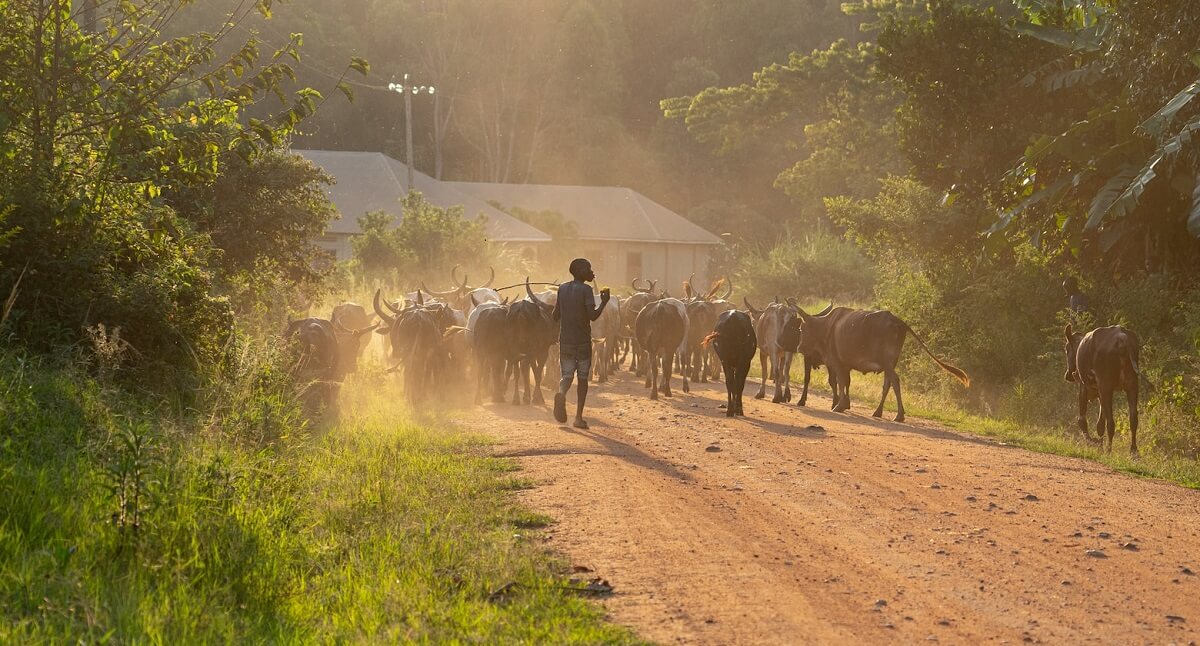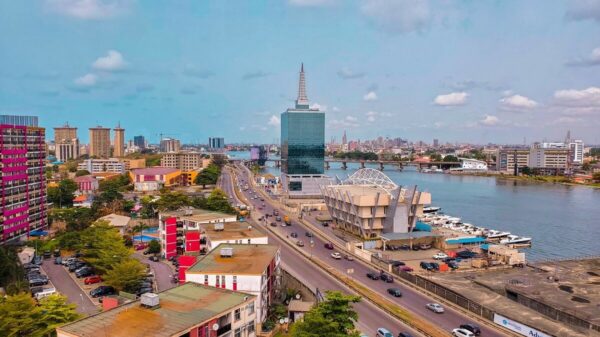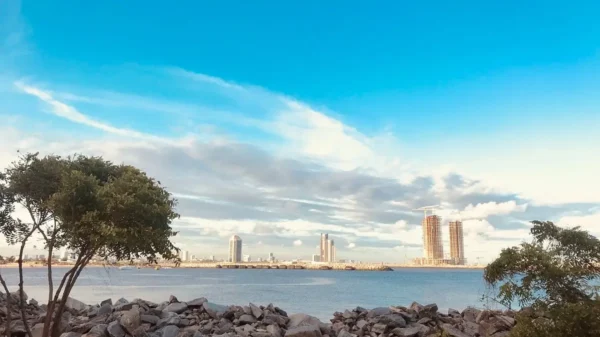We are gripped by two conflict-creating narratives. The first asserts, falsely, that ours is a prosperous country with abundant mineral resources. The other implies that other Nigerians—typically of a different ethnicity or religion—are always scheming to take what is ours. The impression is that other Nigerians are parasites at best and predators at worst.
To be clear, some fit those descriptions to a tee. And in a population of hundreds of millions, those Nigerians who humiliate and exploit the rest outnumber many countries. Regardless, they are a minority; they must be treated as such. Most of us want a good name and homes warmed by loving families. The most important task for all Nigerians alive today is organising the virtuous against our black sheep. That is how we cooperate to defeat our great enemies of security and scarcity.
I am a simple man in love with simple categorisations. In society, there are citizens and criminals; in life, assets and liabilities. All discussions about societal policies comes down to feasting citizens on the miseries of criminals. We must use our assets to overcome our liabilities.
I admit that my outlook is much easier to reconcile to a wealthy country. Nigeria will not become one in my lifetime. I am convinced that constraints and difficulty should not prevent walking the correct path. There are many problems that we need to solve so that those who follow can have their burdens reduced. That primordial crisis between herder and farmer is one.
I do not dislike the herder for plying his profession. Nor do I consider herds in the streets an affront to modernity. I see citizens trying to use their assets in the difficult environment we all call home. Their struggle is no different from that of most Nigerians. Think of the accidents caused by okada, keke and danfo racing to make an extra trip, the gold miners fouling the Osun River or the polluters in the Niger Delta. In Nigeria, such examples are legion.
Those negatives are pieces of a puzzle the same: assets creating liabilities that we fail to manage. My attitude towards the crisis is questioning how we can boost our assets, diminish our liabilities and keep our citizens safe in their pursuit of happiness.
Assets are anything capable of yielding income and appreciating in value. Its efficient use is the seed of prosperity. With that definition in mind, we can think of a few obvious assets. These include our brains and muscles, land, our domesticated herds and mechanical devices.
Our current situation pits all those mismanaged assets in a do or die contest which generates further problems. All of Nigeria is precisely 92,376,800 hectares. The Food and Agriculture Organisation tells me that 70.8 million hectares are devoted to agriculture. In other words, 77% of our land. Every other activity, from industry to markets, houses and places of worship are cramped into the remaining 23%.
For comparison, the USA with 983,400,000 hectares, as of 2018, devoted 44.4% of their land to agriculture. Increasing the efficiency of our agriculture production by intensive cultivation, as opposed to extensive farming, would go a long way to dampening land conflicts. Anyone who has read of the constant wars over land between villages and tales of land-grabbing real estate speculators can appreciate that it’s a problem that goes beyond farmers versus herders.
We must accept that conflict between citizens is inevitable. If Ayo bashes Teriba’s car in Mushin, we want Ayo to repair the car, like a gentleman. We also understand that it is imperative that if Teriba stabs Ayo to death, he should be hunted down, tried, convicted and strung up by the neck.
Society can control the outcome of conflicts; we cannot stop them. What we should be asking is how to guide our conflicts in a civilised direction. The straightforward answer is a process of compensation. The first step is asset registries. There should be clear records of ownership for all assets. Remember, that includes animals. It is easy enough to assign unique numbers that pastoralists can brand their beasts with. That makes it possible to assign responsibility when there is cause for paid damages.
Did you know that the Swiss move their cows to pasture with helicopters? True story! They also have a network of cold stores for storage and excellent transport infrastructure for delivery. Our systems are not as advanced. Ever notice that sheep and goats are moved in trucks? Trekking cattle are everywhere because they are one solution to our transport failures. The dire state of many roads, the sheer size of cattle, their worth and the absence of specialised infrastructure makes moving them on foot a low-cost means of satisfying our hunger for meat.
The superior option would be centralising cattle herding in certain sparsely populated areas while transporting their carcasses around. However, that also requires building out the infrastructure to manage that process. Until then, the current approach is unlikely to change. The loud bans will create an extra revenue source for security agents and grant leave to vigilantes to carry out extrajudicial actions that will stoke tensions.
We endure numerous inconveniences because we live in a poor country. We ought to realise that those problems are neither innate nor unchanging. Prosperity unmakes what poverty created. With clear heads, we can build ourselves out of this present danger. We must demand better of ourselves, understand our constraints and grant no quarter to criminals.
Emmanuel-Francis is a Nigerian nationalist. He is for clean streets, safe nights and full bellies. Please, indulge his verbosity; and join his campaign to abolish the African Union.


